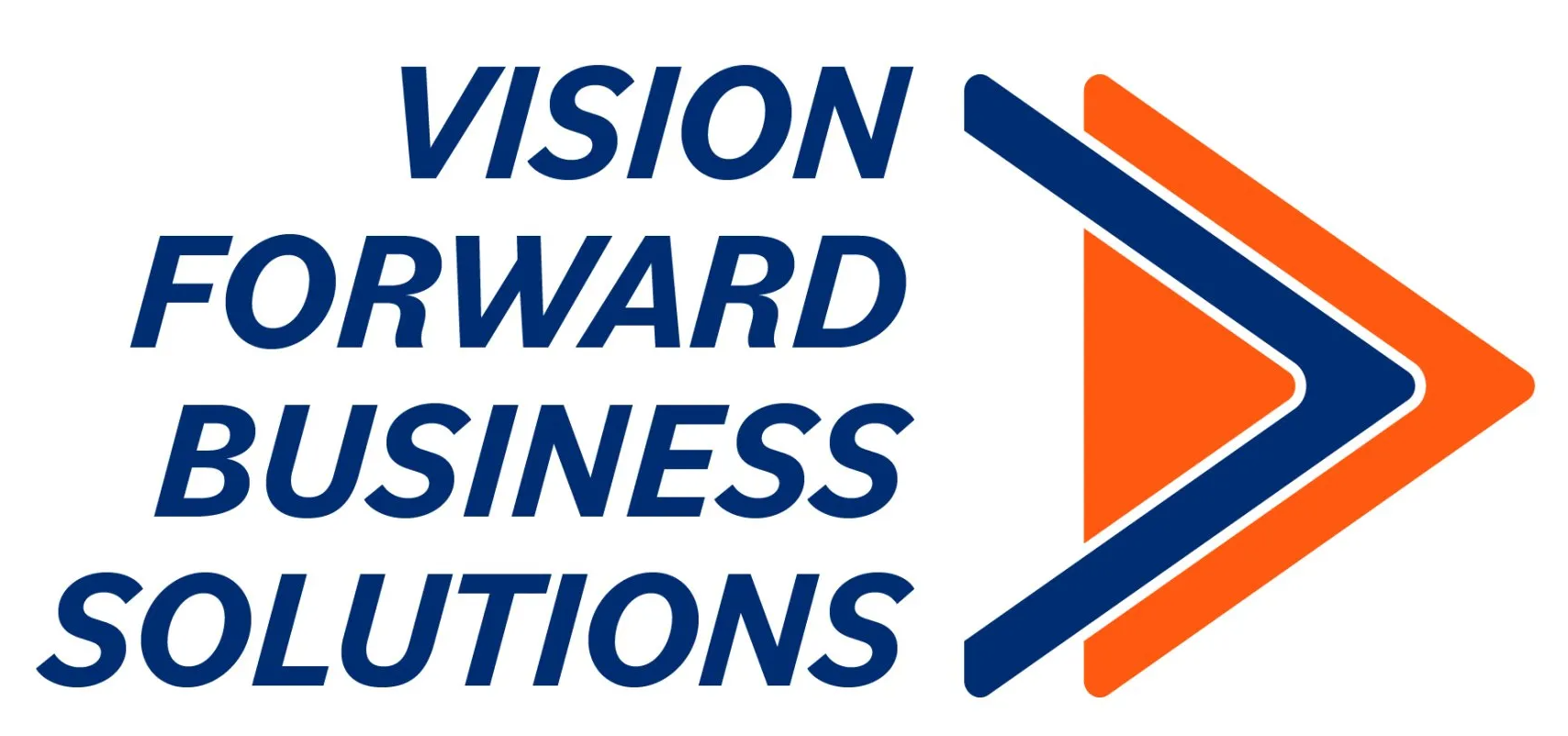2. Can you go on vacation?
How long can you be away from your business and still be in business?
Many owners are also the service provider and trade time for dollars. They cannot imagine taking time off. But let me tell you the truth: if you are the “how” for everything in your business, you have a job.
I see this a lot when I coach small business owners, and it significantly detracts from the value of their business.
One way to move you away from being an employee is looking at support from virtual assistants (VAs) and on places like Upwork or Fiverr. Outsource tasks that are outside your areas of genius. (For more information, a great read is the book Who Not How by Dan Sullivan.)
Getting clear on your areas of genius is a critical step in unlocking the full potential of being a business owner. Too many people try to do it all. I’ve heard every excuse. “No one can do it better than me.” “I don’t have time to train someone.” “It’s just easier to do it myself.”
Even if these were true, my question to you is: What are those excuses costing you? What could you be doing with that time instead?
To bring those costs out in the open, try this simple exercise:
- Keep track of all your activity for one week, noting how much time each task requires. Use a spreadsheet like this one to help you.
- Put your cost next to each one of the tasks. For example, in the time it took you to clean the bathroom, how much could you have earned in money-making business activities?
- At the end of the week, write down what you did not get done. Did you miss out on potential opportunities because you were busy doing something you could outsource?
- Write down the lost revenue next to each one of these tasks that did not get done.
It might seem harsh, but adding up the numbers can really bring home the reality of your situation. Ask yourself, would you pay someone the costs for the tasks you completed as a business owner? My guess is you are overpaying by over 50% for you to do your work.
3. Do you know your niche?
In the early days of owning a business, it can be scary to focus on a narrow niche. Overcoming the fear of “excluding” others in your message is hard, and it may take many months to figure it out and be comfortable with it.
But here’s the hard truth: If you try to be everything to everyone, you are nothing to no one. By trying to appeal to everyone, you don’t become memorable, you don’t have a clear message, and you can’t be good at anything.
As a business owner, you should want to be #1 at something.







